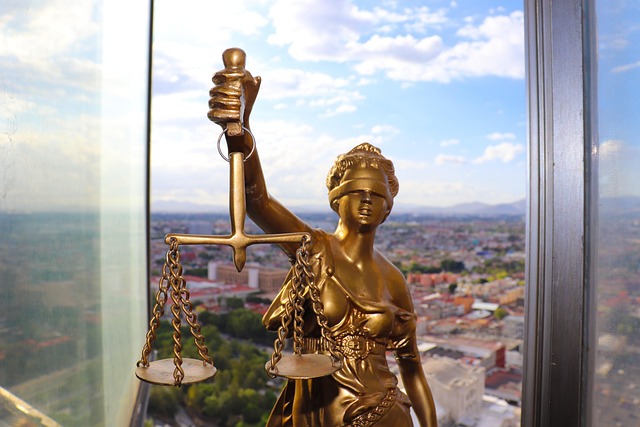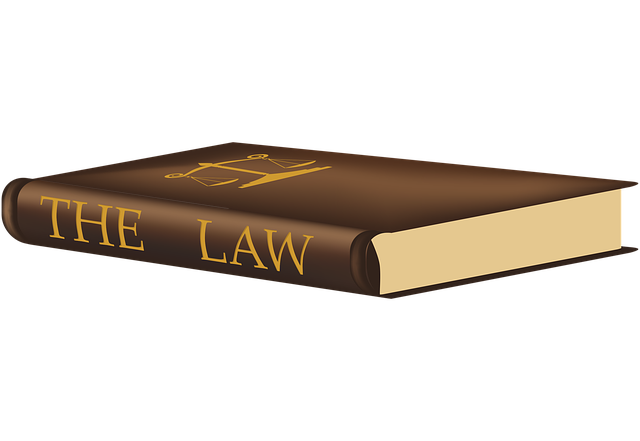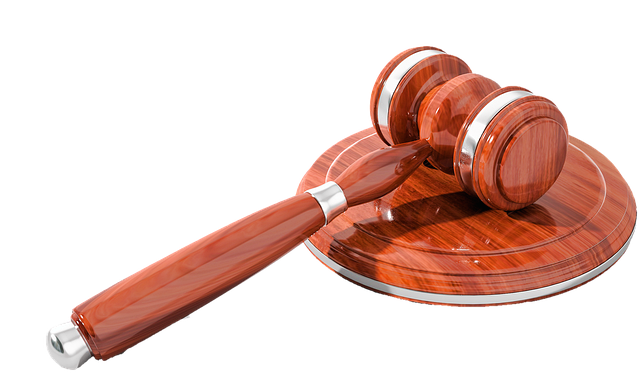Navigating public corruption appeals is challenging due to complex legal procedures and Common Reasons for Appeal Denial. Success requires strategic arguments based on precedents, challenging evidence admissibility, assessing witness credibility, and ensuring fairness. Ethical dilemmas, conflicts of interest, and white-collar crimes further complicate these cases, demanding a delicate balance between justice and accused rights protection.
“Public corruption charges pose unique challenges in the legal system, often leading to complex appeal cases. This article explores the intricate web of legal procedures, evidentiary issues, and ethical dilemmas that shape these appeals. Understanding the common reasons behind appeal denials is crucial for navigating these cases effectively. From procedural nuances to the presentation of evidence, each step significantly influences outcomes. Moreover, ethical considerations play a pivotal role, impacting fairness and justice in corruption trials.”
- Understanding Legal Procedures in Appeal Cases
- Common Evidentiary Shortcomings in Corruption Trials
- Ethical Dilemmas and Their Impact on Appeals
Understanding Legal Procedures in Appeal Cases

When facing public corruption charges, navigating the legal system can be complex, especially when considering an appeal. Understanding the procedures and potential outcomes is crucial for anyone involved in such cases. An appeal is a process where convicted individuals or organizations attempt to challenge their initial conviction and sentence by presenting new evidence or arguing procedural errors. However, it’s important to recognize that appeals are not guarantees; there are common reasons why courts often deny appeal requests.
These denials can stem from various factors, such as a failure to identify clear legal errors or a lack of compelling evidence to support the claims. A general criminal defense strategy may include challenging the admissibility of evidence, questioning witness credibility, and examining procedural fairness during the initial trial. Achieving extraordinary results in appeal cases requires meticulous attention to detail, a deep understanding of legal precedents, and a strategic approach that addresses potential weaknesses in the case. By presenting a robust argument and adhering to legal protocols, defendants can increase their chances of a favorable outcome, even when appealing complex public corruption charges across the country.
Common Evidentiary Shortcomings in Corruption Trials

Public corruption trials often face significant evidentiary challenges due to several factors. One common shortcoming is the lack of direct evidence linking high-ranking officials to illicit activities, as corrupt practices are often concealed behind complex financial structures and off-the-book transactions. This makes it difficult for prosecutors to build a solid case, especially when defendants employ sophisticated methods to avoid indictment. Additionally, the transient nature of digital records and the potential for data manipulation pose further hurdles in tracking fraudulent schemes.
Another hurdle is the reliance on circumstantial evidence, which, while compelling, may not be enough to convince jurors or lead to successful convictions. Common reasons for appeal denial often include insufficient proof of intent to defraud and inadequate demonstration of a direct causal link between corrupt acts and tangible losses. Moreover, the intricate relationships within philanthropic and political communities can make it challenging to isolate individuals involved in illicit deals, further complicating the legal landscape around corruption trials.
Ethical Dilemmas and Their Impact on Appeals

Public corruption cases present unique ethical dilemmas that can significantly influence the appeals process. When a public official is accused of misconduct, the line between personal gain and service to the public can become blurred, creating complex legal and moral challenges. These dilemmas often arise due to conflicts of interest, where an individual’s personal or political interests may compromise their duty to uphold the law and serve the greater good. As such, appeals in these cases are scrutinized closely to ensure fairness and justice.
One of the common reasons for appeal denial is when evidence suggests that the defendant intentionally evaded indictment by engaging in sophisticated white-collar crimes. The philanthropic and political communities often face scrutiny for their interactions, as they must maintain transparency and integrity. Appeals in such cases may fail if they lack compelling legal arguments or fail to present new evidence that could change the initial verdict. Navigating these ethical labyrinths requires a delicate balance, ensuring that justice is served while also safeguarding the rights of those accused, especially in the realm of white-collar defense.
Public corruption cases, marked by their complexity and sensitivity, often navigate a labyrinthine appeal process. Understanding legal procedures, recognizing evidentiary shortcomings, and addressing ethical dilemmas are paramount for a fair outcome. While Common Reasons for Appeal Denial exist, a robust legal system relies on meticulous scrutiny to ensure justice prevails. By delving into these aspects, we contribute to a more transparent and accountable society, where corruption is met with unwavering integrity.






